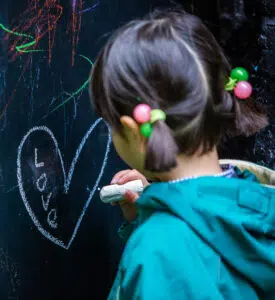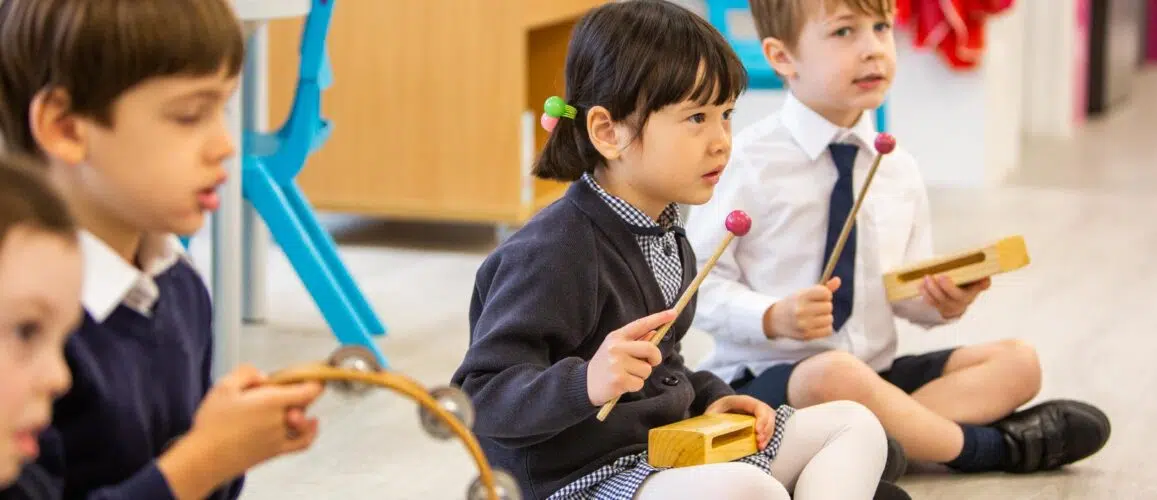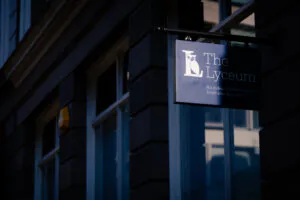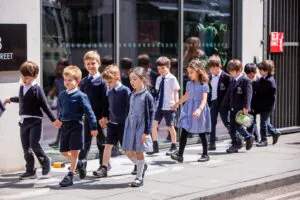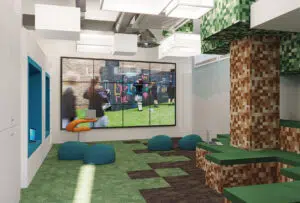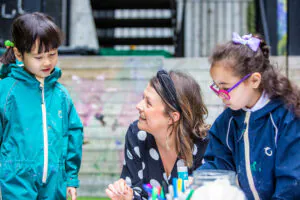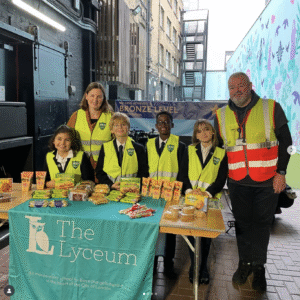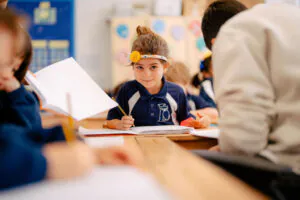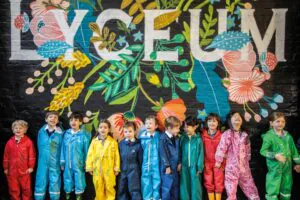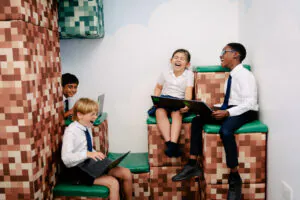A Parent’s Guide to the UK Independent School System
Exploring UK private schools can be exciting, but it also comes with plenty of questions. From early years through to sixth form, the independent school system offers many choices, each designed to support children at different stages of their development. This guide will help you understand the journey, the main entry points, and what you can expect along the way.
What is an independent school?
Independent schools, also known as private schools, are funded by tuition fees rather than government support. This gives them the freedom to design their own curriculum, admissions process, and term structure. Many are managed as charitable trusts with boards of governors, while others are privately run. Families are often drawn to independent schools because of their smaller class sizes, excellent pastoral care, extensive extracurricular opportunities, and high-quality facilities.

Types of independent schools and what does co-educational mean?
There are many types of independent schools in the UK. Some are single-sex, educating only boys or only girls. Others are co-educational schools, meaning boys and girls are taught together. Co-ed schools often aim to mirror real world environments and encourage collaboration across genders. You will also find schools that specialise in areas such as boarding, international curricula, or faith-based education. This variety allows families to choose a school that best matches their child’s needs and personality.

Reception and the early curriculum
Reception is the first year of formal schooling in the UK, usually for children aged four to five. The Reception curriculum follows the Early Years Foundation Stage (EYFS), focusing on key areas such as language and communication, early literacy, numeracy, and personal and social development. Private schools often enhance this curriculum with specialist subjects like languages, music, and sport, giving children a broader experience from the very beginning. Reception is also about building independence and confidence, helping children make a smooth transition from nursery into school life.
Pre-prep and prep schools: what is the difference?
Pre-prep schools cover the early years of education from ages three to seven, generally from a few terms before a child starts Reception to Year 2 or sometimes Year 3. They provide a nurturing environment that develops early skills in reading, writing, and mathematics while encouraging creativity and curiosity. Lessons are usually taught by a single teacher, giving younger pupils a sense of continuity and security.
Prep schools begin where pre-prep leaves off, usually from age seven through to eleven or thirteen. Here, pupils gradually transition to being taught by subject specialists, which prepares them for senior school. Prep schools are designed to bridge the gap between early learning and the independence of secondary education, while helping children build confidence and resilience.

The wider educational journey
From prep school, children move into senior school, either at age eleven or thirteen. Senior schools guide pupils through their teenage years, combining academic study with co-curricular opportunities such as sport, drama, music, and clubs. The first years are broad and exploratory, while the later years focus on public examinations. At sixteen, pupils take GCSEs before progressing to sixth form, where they specialise in A-levels, the International Baccalaureate, or other qualifications.
Independent school admissions
Independent school admissions vary across the sector. Some highly competitive schools encourage parents to register their children soon after birth, while others accept applications closer to entry. At nursery and pre-prep level, places may be offered on availability or following a short assessment. At ages seven, eleven, or thirteen, admissions typically include academic tests and interviews often referred to as 7+, 11+, 13+. For sixth form, schools often base decisions on GCSE results or predicted grades. Early application is recommended to secure the widest choice of schools.
Curriculum and exams
One of the strengths of UK private schools is the flexibility they have to design their own curriculum. While many follow the National Curriculum as a framework, most go beyond it, offering additional languages, music, arts, drama, and sports. Prep schools often prepare children for entrance exams to senior schools. Senior schools then guide pupils through GCSEs and later into A-levels or the IB (International Baccalaureate).
GCSEs are taken at around age sixteen in a mixture of core subjects like English, mathematics, and science, along with optional subjects such as history, art, or modern languages. Results are graded from nine to one, with nine being the highest.
In sixth form, pupils usually take three or four A-levels over two years, specialising in subjects that interest them and prepare them for university. Some independent schools also offer the International Baccalaureate, which covers a wider range of subjects, or vocational qualifications such as BTECs.
Boarding schools
Boarding is a distinctive feature of many UK independent schools. Boarding schools offer different arrangements to suit family needs. Full boarding means pupils live at school throughout the term, while weekly boarding allows children to return home at weekends. Flexi-boarding gives families the option of choosing certain nights each week, and occasional boarding is available in some schools for added flexibility. Younger pupils usually start with shorter stays, while older pupils often enjoy the full boarding experience. Boarding schools provide a rich community life, with structured weekends filled with sports, cultural activities, and opportunities to build lifelong friendships.
About The Lyceum School
The Lyceum School is a place where every child is cherished, known, and celebrated. Situated in the vibrant heart of the City of London, our school offers a nurturing, co-educational environment founded on the pillars of kindness, creativity, confidence, and community. We inspire a deep love of learning through an engaging, topic-based curriculum using London as our classroom, enriched by STEAM, language, arts, and wellbeing-focused initiatives like mindfulness and yoga.
With small class sizes, high staff-to-pupil ratios, and a strong pastoral framework, including our House System and accessible pastoral support, we prioritise each child’s personal growth just as much as academic success.
Located near Old Street, Liverpool Street, Moorgate and Shoreditch stations, our modern, light-filled five-storey building with specialist art, science, STEAM studios and outdoor space provides a dynamic setting that’s seamlessly integrated with London’s rich cultural resources. At The Lyceum, learning comes alive every day, preparing children to become confident, compassionate, and curious individuals ready to contribute positively to the world.
Attend Our Open Day
Curious about life at The Lyceum? Come see it for yourself. Join one of our Open Days to explore our modern building, meet our lovely staff and feel the energy of our school community. You’ll get a real sense of what makes our independent co-ed school so special.
Can’t make it to an Open Day? No problem. Just contact our team to book a private tour.
📧 Email: registrar@lyceumschool.co.uk 📞 Phone: +44 (0)20 7247 1588
Final thoughts
The UK independent school system offers families a clear educational pathway from the early years through to university preparation. Each stage is designed to nurture academic achievement, personal growth, and wider interests. While the system may appear complex at first, understanding the structure and visiting schools in person can make the decision process much clearer. With careful research, parents can find the right independent school to help their child thrive both academically and personally.
